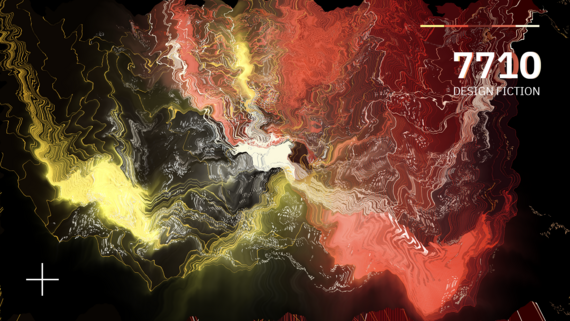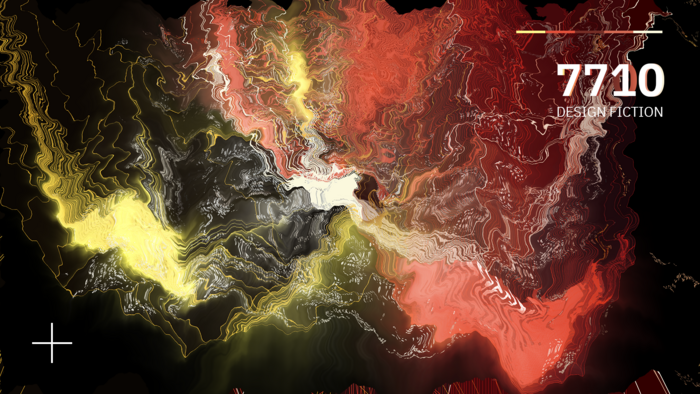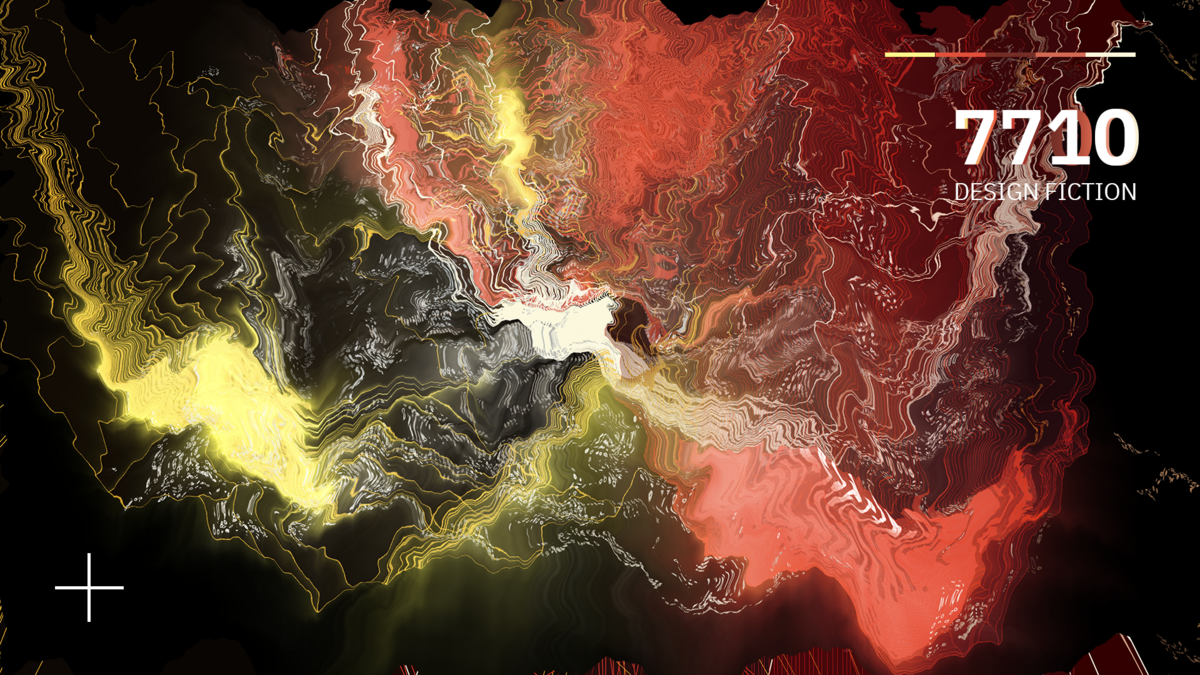


Veranstaltung
Zeit für neuen Optimismus; die Auswirkungen des Bauens auf unsere Umwelt sind allgegenwärtig, der Bedarf zeigt allerdings deutlich, nicht zu bauen, kann auch keine Lösung sein, und durch Moralisierung allein ist nichts gewonnen. Es wird gebaut werden, es gilt also Architektur aktiv zu gestalten, mit Blick auf ihre planetaren Konsequenzen und ohne Angst davor, dass Bauen auch die Lösung sein muss. Wie können wir also die Folgen unseres Entwerfens durchdenken, sodass positives Denken keine Naivität ist, sondern Optimismus wird?
Wir wollen uns dem Prozess vom Ende her nähern. Angelehnt an die Methodik des apokalyptischen Denkens von Slavoj Žižek setzen wir uns zunächst mit dem auseinander, von dem wir wissen, dass wir es nicht wollen. In der Annahme, dass unser Handeln eine Reaktion auf die Antizipation der Zukunft ist, können wir anschließend die dahinterstehenden Szenarien analysieren und alternative Verläufe spekulieren. So wollen wir Geschichten aktiver Hoffnung formulieren, nicht als passives Gefühl, sondern als aktive Praxis.
Diese neuen Welten wollen wir entwerfen, und spekulieren, wie das Leben und die Architektur in ihnen aussehen wird. Wie können alltägliche Nutzungen neu gedacht werden, mit welchen Nutzungen kann Wohnraum kombiniert werden? Die Szenarien sollen sich dabei in der Konstruktion widerspiegeln, die Architektur wiederum aus dieser Entwickelt werden, sodass ein ganzheitlich kohärenter Entwurf durch diverse Maßstäbe entsteht.
Im Entwerfen sollen verschiedene Medien kritisch reflektiert werden, so werden zunächst Wort und Formulierung erarbeitet um anschließend die Weiterverarbeitung in Bildgenerierenden Tools künstlicher Intelligenz zu erproben. Diese iterativen Formfindungsprozesse werden mit der aus dem Narrativ gespiesenen Konstruktion als Grundlage des Entwurfs dienen.
Ziel des Seminars sind Projekte, die über die Konzeption einer Architektur Rückschlüsse auf eine andere Art des Zusammenlebens im häuslichen und gesellschaftlichen Zusammenhang ermöglichen. Entworfen werden soll dabei etwas, das es nicht gibt, das es aus Gründen nicht gibt, um diese Gründe aktiv zu hinterfragen. Fokus liegt dabei nicht darauf Dinge anders machen zu müssen, sondern anders gestalten zu können – und welche Voraussetzungen sich dafür ändern müssen.
Das Seminar Zum Glück in die Zukunft: Spekulatives Entwerfen wird als gemeinsames Projekt mit dem Design Build Experimentelle Konstruktion der Baukonstruktion angeboten und kann nur in Kombination belegt werden. Die entstehenden Entwürfe werden in Form von textlichen und visuellen Darstellungen sowie als Demonstratoren oder 1:1-Detailmodelle ausgearbeitet. Begleitend dazu finden dienstags Workshops zu Softwaretools wie Blender und Photoshop statt.
---
Time for New Optimism: The impact of construction on our environment is omnipresent, yet the demand clearly shows that not building is not a solution either, and mere moralizing won't achieve anything. Construction will continue, so it's crucial to actively shape architecture, considering its planetary consequences and without fearing that building might also be the solution. How can we reflect on the consequences of our designs so that positive thinking isn't naive but becomes optimism?
We want to approach the process from the end. Drawing from Slavoj Žižek's methodology of apocalyptic thinking, we will first confront what we know we do not want. Assuming that our actions are a reaction to the anticipation of the future, we can then analyze the underlying scenarios and speculate on alternative outcomes. This way, we aim to formulate narratives of active hope, not as a passive feeling, but as an active practice.
We will design these new worlds and speculate on what life and architecture might look like in them. How can everyday uses be reimagined? What uses can be combined with living spaces? The scenarios should be reflected in the construction, and the architecture should be developed from this, creating a holistically coherent design across diverse scales.
In the design process, various media will be critically reflected upon. We will first work with words and formulations, then experiment with their further processing in image-generating tools using artificial intelligence. These iterative form-finding processes, fueled by the narrative, will serve as the foundation of the design.
The goal of the seminar is to develop projects that, through the conception of architecture, offer insights into a different way of living, both domestically and socially. The aim is to design something that does not exist, something that doesn't exist for specific reasons, in order to actively question those reasons. The focus is not on the need to do things differently but on the potential to design differently—and what conditions need to change to make that possible.
The seminar Spec to the Future is offered in conjunction with the Design-Build module in Building Construction and can only be taken together. The resulting designs will be developed into both textual and visual representations, as well as demonstrators or full-scale detail models. Software workshops, including sessions on Blender and Photoshop, will be held on Tuesdays to support this process.





